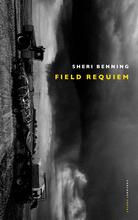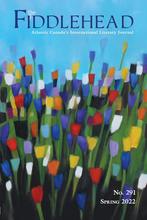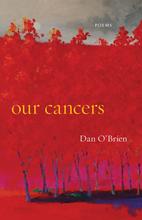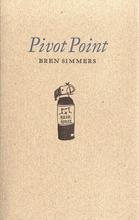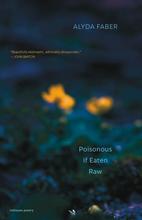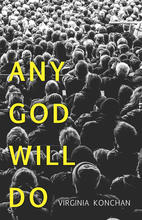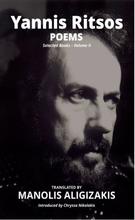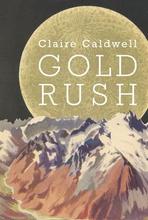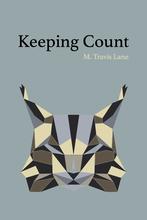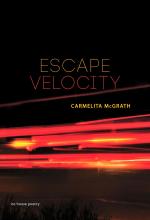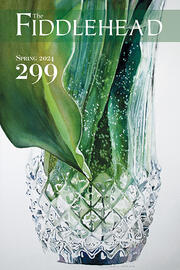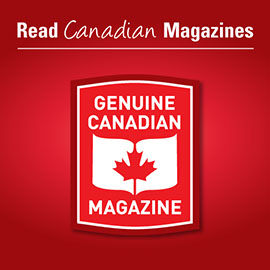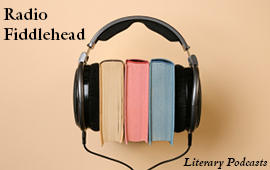Poetry Reviews
Posted on April 12, 2022
Pre-Order the Spring Issue Now!
Posted on March 15, 2022
The forthcoming Spring 2022 issue of The Fiddlehead is now available for pre-order!
The issue will feature the winning poem and short story from The Fiddlehead's 2021 poetry and fiction contests as well as work from authors such as Sylvie Simmons, John Barton and many more!
Review of Dan O'Brien's "Our Cancers" by Megan Kuklis
Posted on December 2, 2021
Dan O’Brien is a poet and playwright. His poetry collections include Our Cancers, War Reporter, New Life, and Scarsdale. O’Brien is the recipient of a Guggenheim Fellowship in Drama and two PEN America Awards for playwriting. His work has been published in several issue of The Fiddlehead, most recently in issue 283 (Spring 2020). He lives in Los Angeles with his wife and daughter.
Pivot Variations: A Review by Lynn Davies of Bren Simmers' "Pivot Point"
Posted on October 8, 2021
From wolf to funnel spider: A Review by Manahil Bandukwala of Alyda Faber's "Poisonous if Eaten Raw"
Posted on October 6, 2021
Asking the Impossible: A Review by Dominique Béchard of Virginia Konchan's "Any God Will Do"
Posted on September 27, 2021
Asking the Impossible
Any God Will Do, Virginia Konchan. Carnegie Mellon University Press, 2020.
While reading Halifax-based poet Virginia Konchan’s second collection, I experienced my capacity for feeling — in the broadest, most contradictory sense — expand. In fact, Any God Will Do seems to me essentially about excess (of feeling, of stimulus, of being) and about the idea of divinity as an overwhelming localization of the too-much.
. . . she opened the door of a star quietly: A Review by M. Travis Lane of Yannis Ritsos' "Poems — Selected Books Volume II." Trans. Manolis Aligizakis
Posted on September 21, 2021
. . . she opened the door of a star quietly
Poems — Selected Books Volume II, Yannis Ritsos Trans. Manolis Aligizakis. Ekstasis Editions, 2020
Boundaries: A Review by Lynn Davies of Claire Caldwell's "Gold Rush"
Posted on March 12, 2021
It is not the poem which closes : A Review by Anita Lahey of M. Travis Lane's "A Tent, A Lantern, An Empty Bowl" and "Keeping Count"
Posted on March 12, 2021
It is not the poem which closes
A Tent, A Lantern, An Empty Bowl and Keeping Count, M. Travis Lane. Gordon Hill Press, 2020
Let’s begin with rocks and mud.
The poem “May Rocks,” which appears nearly midway through Keeping Count, M. Travis Lane’s most recent collection, begins with a single-word sentence: “Spring.” This is followed by rocks that “butt and push” in a lawn “jagged with dragon’s teeth.” It continues:
Cultural Stoicism & Atlantic Canadian Vernacular: Carmelita McGrath’s Escape Velocity
Posted on August 6, 2014
By Phillip Crymble
A Review of Carmelita McGraw's Escape Velocity (Goose Lane, 2013) I was reminded, in reading through Escape Velocity, of the cultural and aural vernacular that’s so much a part of the literary geography of Newfoundland. The trick, I think, with any brogue, is to try and do it justice without putting the idiomatic phrases and language used in jeopardy of being considered a caricature. McGrath deftly straddles the line in this new collection, and her ability to recognize and resist the impulse to essentially reduce native Newfoundlanders to a comic commodity through exaggerated dialect is one of the book’s great achievements.
